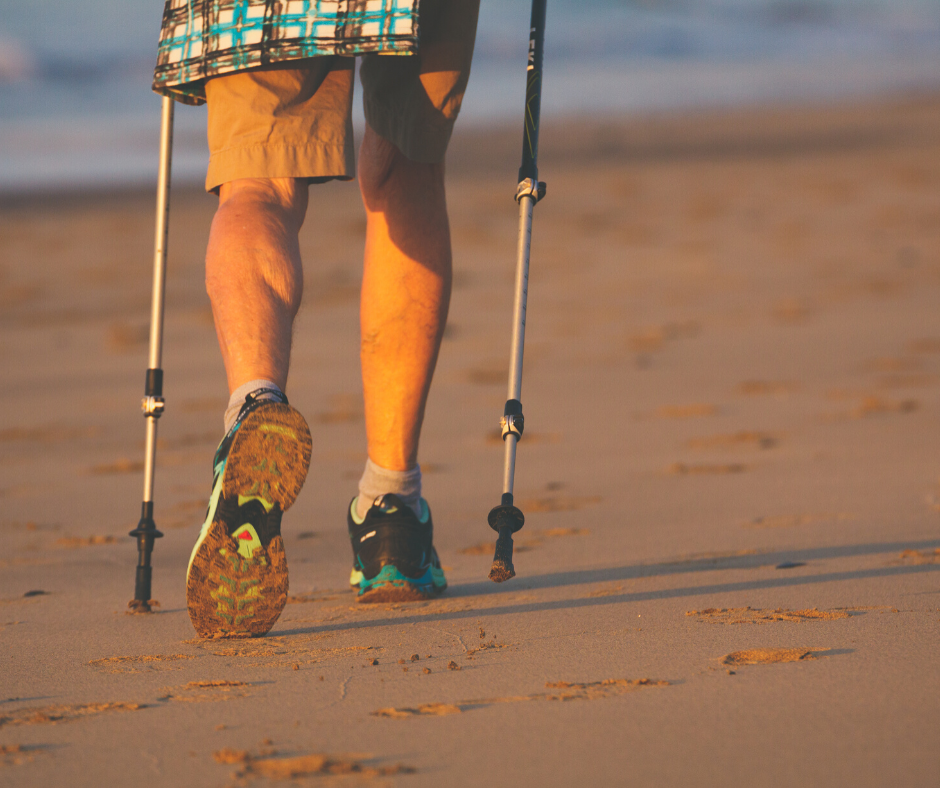Frequently Asked Questions About Knee Replacements
We rely on our knees for everyday function. As the largest joint in the body, the human knee supports many daily activities that we sometimes take for granted.
Our knees support the following activities and movements (and more):
Bearing the weight of the body
Squatting
Pivoting
Climbing or jumping
When our knees begin to suffer pain due to arthritis or osteoarthritis, we quickly realize how reliant we are upon these important joints.
Knees support our everyday activities as well as in any athletic endeavors. Active people know that knee pain can severely impact their ability to participate in the sports and outdoor activities they love. In that situation, a knee replacement may be the solution.
Why Do People Get Knee Replacements?
The majority of Dr. Cafferky’s patients undergo a knee replacement to treat their arthritic symptoms. Several different types of arthritis impact the knee, including:
Osteoarthritis: A degenerative disease that mainly impacts middle-aged and older adults. Osteoarthritis can cause the breakdown of cartilage and surrounding bones in the knee joint.
Rheumatoid Arthritis: This type of arthritis produces inflammation in the synovial membrane, which surrounds the knee joint. This causes excessive synovial fluid and results in knee pain and stiffness.
Traumatic Arthritis: Past injuries to the knee joint can lead to arthritis later in life if the injury caused damage to the knee cartilage.
When the painful symptoms caused by knee arthritis no longer respond to conservative treatment, Dr. Cafferky and his team may recommend a knee replacement.
How Does a Knee Replacement Work?
During a partial or total knee replacement, the damaged cartilage and bone are removed. Implants designed to fit the surface of the bone and allow the knee joint to move smoothly are inserted into the joint space. This impact’s cushioning spacer acts like natural cartilage and restores movement to the knee.
Here are six frequently asked questions about knee replacements:
How Long Does the Pain Last After Knee Replacement Surgery? Pain can occur for up to several weeks following your procedure. Swelling typically lasts for 2 to 3 weeks. However, there are cases when swelling persists for 3 to 6 months.
When Can I Walk After Knee Replacement Surgery? In some cases, you can be walking (with support) before you leave the hospital.
When Can I Stand After Knee Replacement Surgery? Many patients can stand the next day after total knee replacement surgery.
Do I Need to Use Support to Walk After Knee Replacement Surgery? In some cases, Dr. Cafferky will recommend the use of a cane after your total knee replacement. This provides extra support as you heal. This usually occurs from week 2 to week 6.
When Can I Drive After Knee Replacement Surgery? You will be able to drive when you are off pain medication.
Is Swelling Normal After Knee Replacement Surgery? You may experience swelling for up to 6 months after the procedure. However, using ice on the affected area can reduce the swelling and provide relief.
Is Knee Replacement Surgery Safe? Knee replacement surgery is safe and effective with a relatively short recovery time. In fact, knee replacements have a 98% success rate ten years after surgery.
At The Steadman Clinic, Dr. Cafferky focuses on rapid recovery outpatient total joints surgery. This allows his patients to begin the recovery process immediately after surgery.
More Questions About Knee Replacement Surgery? Contact Team Cafferky Today!
Eliminating the pain of knee arthritis will do wonders for your lifestyle. Dr. Cafferky offers several options for knee replacement surgery, including ROSA robotic total and partial knee procedures.
Schedule an appointment with Dr. Cafferky and his team today! Contact our offices at (970) 476-1100 or request a consultation through our online appointment form.









